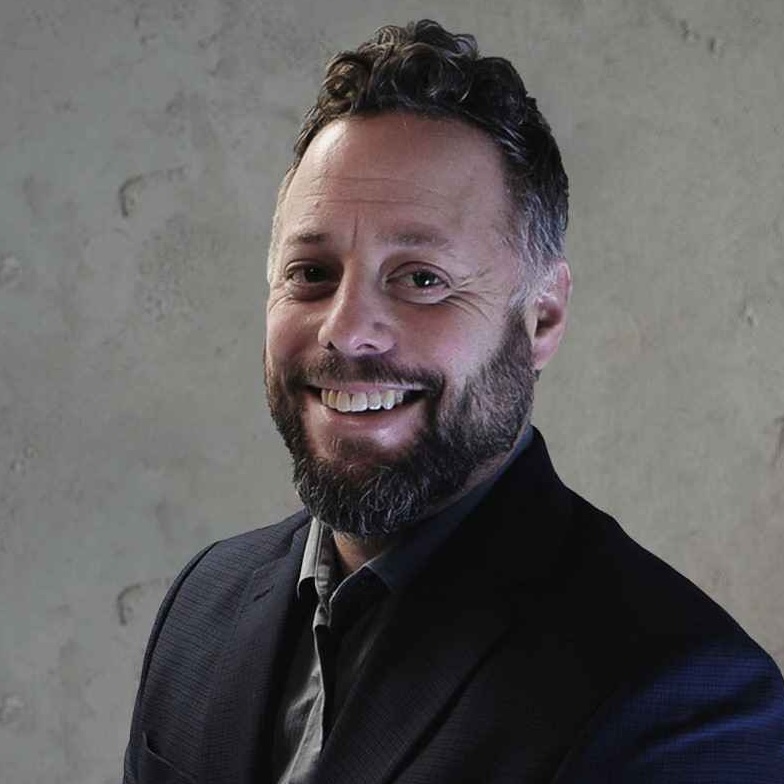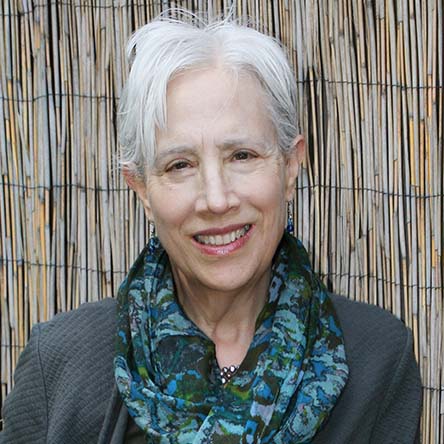5 Financial Phases Of Life In Retirement

Navigating the Five Financial Phases of Retirement
By, Jeremy Reif, CRPS
When we’re in our working years, we think of Retirement as this vague future event. We plan for retirement, save for retirement, and dream of retirement, but we often approach it as one single phase of life. But these days, since we are living longer than ever before, our retirement could span 30 years or more. Depending on when you started your career, that’s not much less than the time you spent working.[1]
The journey to and through retirement occurs gradually, like successive chapters in a book. Each chapter has its own obstacles, celebrations, and decisions to be made. Starting with your pre-retirement years in your 50s, here’s what you need to know for each stage of your retirement.
Chapter 1: Your 50s
At this stage of life, retirement becomes less like a far-off dream and more like a forthcoming reality. You begin to seriously think about when you can retire and how to take the right steps to retire comfortably.
During your 50s, you will probably launch your kids into adulthood and experience your highest earning years, which gives you more to work with. But that extra Money you aren’t used to having can result in “Lifestyle creep,” where your expenses grow along with your pay raises.[2] These increased expenses may not always be nonessential either, as you might become responsible for increased housing costs, Education expenses, healthcare costs, and even eldercare costs.
Despite these financial strains, the inflow of new money into retirement accounts must not cease; your retirement plan assets should not be drawn down through loans or withdrawn too early. Rather, these should be the years where you maximize your retirement plan contributions. If you are over 50, you can make catch-up contributions to beef up your nest egg.
Chapter 2: Your Early 60s
You are so close, you can almost taste it. Now you are starting to think about the many details that make up the process of retiring and the financial and lifestyle decisions involved.
If you find yourself in this phase, it’s time to get realistic about the near future. Do you know what you will do next? How will you make it a reality? For example, will you be able to keep up with your current expenses while on a fixed income? Be sure to test out different budgets to make sure your finances are set. Do you want to volunteer or start an encore career? Start mapping out the details now. If you do not have a set plan for the next chapter of life, a phased retirement may give you more of an opportunity to figure it out.
This is also the time to dial down risk in your portfolio, especially if a bear market occurs right before you retire. You will have little time to recover from a downturn, so be sure to shift your investments to a more balanced asset allocation, almost an even split between stocks and bonds. You are no longer seeking Growth alone, but with retirement becoming a shorter-term goal, you need downside protection as well.
Chapter 3: Retired Life Begins
The first year or so of retirement is akin to a “honeymoon phase.” You have the time and perhaps the money to pursue all kinds of dreams, so the key is not to spend wildly. Lifestyle creep also affects new retirees, and free time often means more chances to spend money.
When it comes to your investments, your portfolio looks very different than it did when you were in your 20s and 30s. Bond funds and fixed income make up a majority of your investments. Your focus is on generating income to live on and preserving what you’ve worked so hard to save. However, you should still have some exposure to the stock market. If you retire at age 65, there is a good chance you have a 30-plus-year retirement ahead of you. As such, you should keep some allocation in stock funds for their growth potential.
Up until now, you’ve probably received healthcare coverage from your employer. When you retire, it’s a new ballgame. Medicare eligibility begins at age 65. You have plenty of choices for your Medicare plan, such as original Medicare coverage, prescription drug plans, and supplemental insurance. Your premium costs will depend on your coverage choice and your income. Medicare can be complicated and overwhelming, so if you are in this chapter, start researching now to make informed choices.
Chapter 4: Mid-60s Through Late 70s
This is the chapter where restlessness can start to set in. If you didn’t make concrete lifestyle plans before retiring, you might get bored with your all-leisure, all-the-time lifestyle and decide to volunteer or work on your own terms, health permitting.
It’s also the time when people begin to worry about how their retirement savings are growing smaller. You may want to adjust your retirement income strategy or see if new streams of income can be arranged.
Chapter 5: 80 And Beyond
The last chapter of retirement is one frequently characterized by the sharing of legacies and life lessons, a new perspective on the process of living and Aging, and deeper engagement (or reengagement) with children and grandchildren. This is also the time when you should think about your financial Legacy and review or update your Estate plan so that when you leave this world, things are in good order and your wishes are followed.
Which Chapter Are You In?
Regardless of whether you are 50 or 80, it is wise to work with a financial professional who can guide you and give answers when your questions about income, investments, wealth protection, and wealth transfer arise. No strings attached, I am here to help you and point you in the right direction. Would you like help discovering which path your current plan is on? Schedule a call and meet me virtually!
[1]https://www.ssa.gov/planners/lifeexpectancy.html
[2] https://www.forbes.com/sites/camilomaldonado/2018/08/23/slippery-slope-lifestyle-creep/#787187524576
Originally Published on https://pointwealthmanagement.com/blog/

























